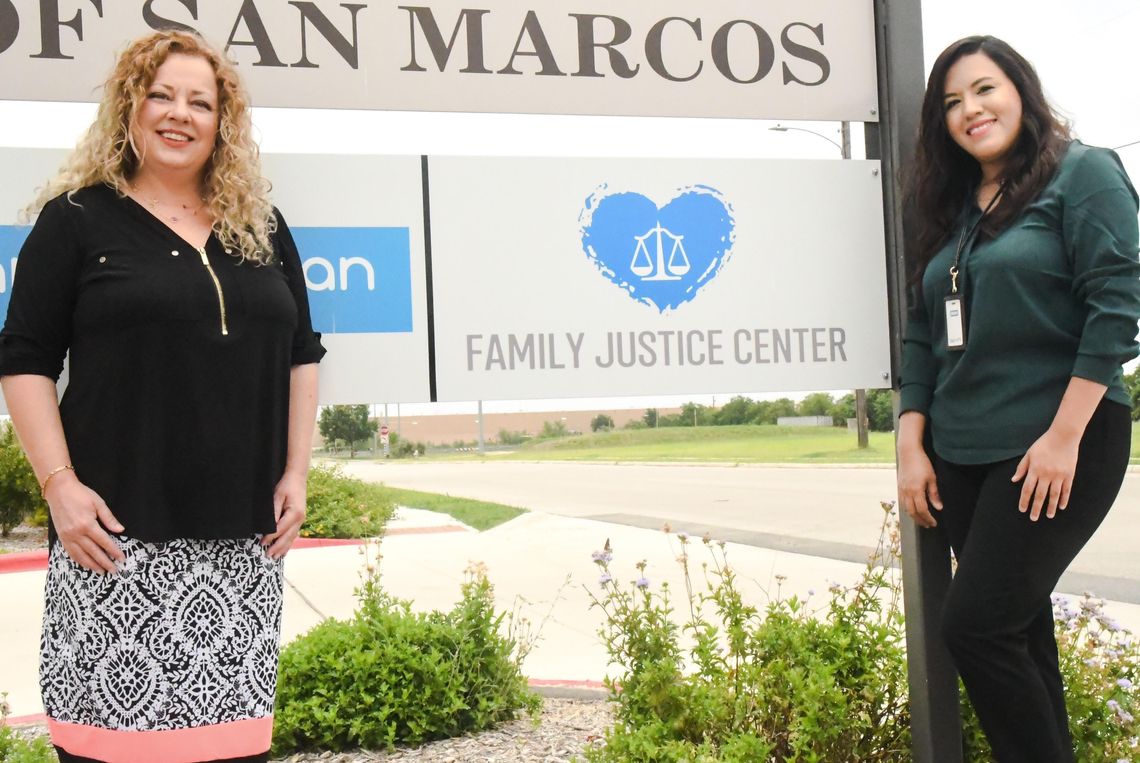Statistics reveal an alarming trend exacerbated by the Coronavirus pandemic leaving crisis centers scrambling.
In Texas, domestic violence calls have skyrocketed. Just down the road, in nearby San Antonio, domestic violence calls have gone up almost 20% compared to when the virus first reared its ugly head in March, to the same time in 2019.
That's why the Family Justice Center (FJC) in San Marcos is reaching out more now than ever to victims of domestic abuse and other violent crimes.
PLEASE LOG IN FOR PREMIUM CONTENT. Our website requires visitors to log in to view the best local news.
Not yet a subscriber? Subscribe today!







